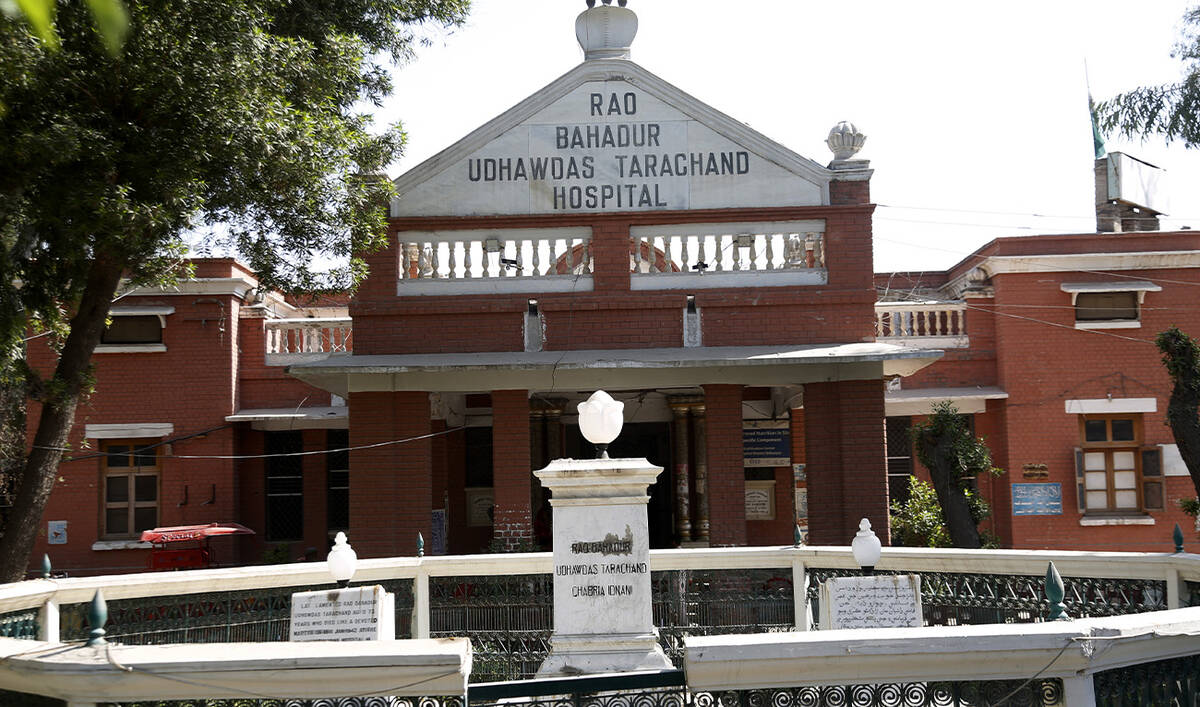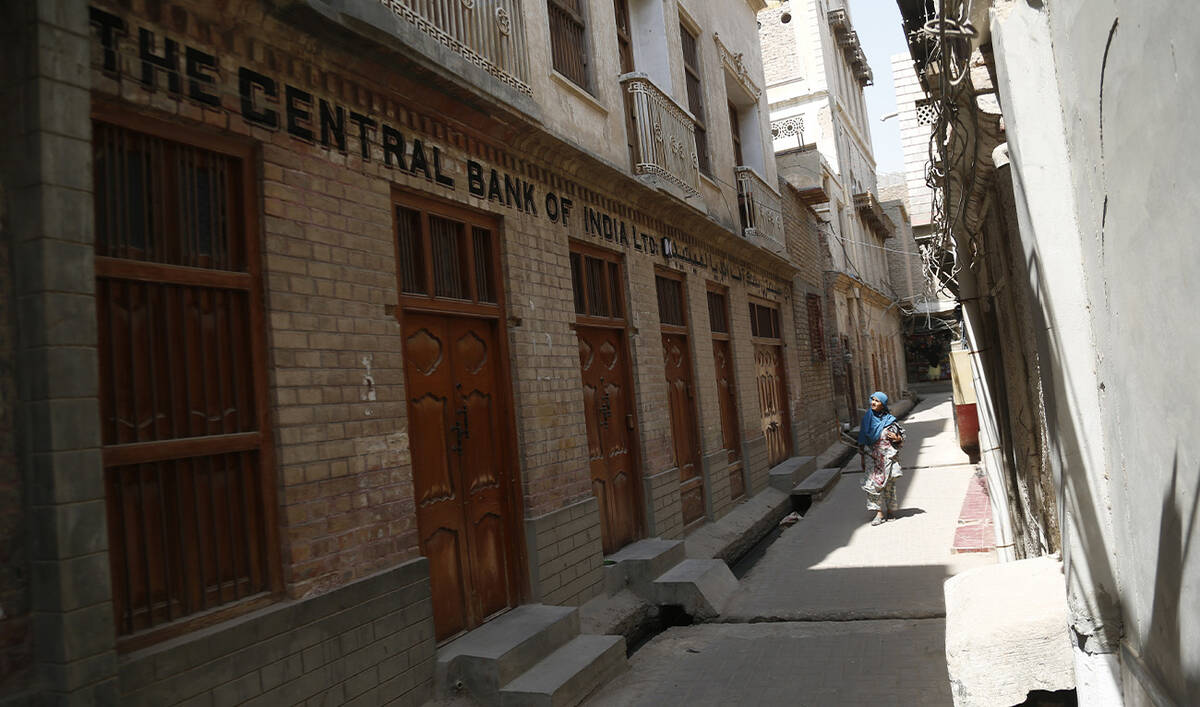KARACHI: Pakistan’s National Electric Power Regulatory Authority (NEPRA) has increased tariff for ex-WAPDA distribution companies (XWDISCOs) and Karachi Electric for the month of June after making fuel cost adjustment, according to a notification issued on Thursday.
The ex-WAPDA distribution companies in Pakistan are entities that were part of the Water and Power Development Authority (WAPDA) before the power sector was restructured over a decade ago, leading to the unbundling of WAPDA’s power distribution functions.
The reforms resulted in the creation of several independent distribution companies (DISCOs), each responsible for providing electricity to specific geographical regions of Pakistan. While these companies operate independently, they are still regulated by NEPRA that notified a Rs3.33 per unit hike for them which would reflect in June 2024 bills.
The move is expected to help them to raise about Rs29 billion ($101.4 million) of additional revenue this month.
“The authority… has reviewed and assessed a National Average Uniform increase of Rs3.332 1/kWh in the applicable tariff for XWDISCOs on account of variations in the fuel charges for the month of April 2024,” said the NEPRA notification.
“The above adjustment of Rs3.3321/kWh shall be applicable to all the consumer categories except Electric Vehicle Charging Stations (EVCS) and lifeline consumers,” it added.
Apart from these companies, the power consumers in Karachi will pay an additional Rs2.68 per unit in June, raising the tariff to Rs10.1 per unit. The tariff will further increase to Rs3.11 per unit in July which would ease to Rs0.998 per unit in September 2024 under monthly fuel cost adjustment charges, according to the notification.
Pakistan produces expensive electricity due to a combination of factors including high reliance on imported fossil fuels, inefficient energy mix, substantial transmission and distribution losses and chronic issues like circular debt and regulatory inefficiencies.
The outdated infrastructure and inefficient power plants further exacerbate costs, while underutilization of domestic resources such as hydropower and coal add to the problem.
Additionally, fluctuations in foreign exchange rates and complex tariff structures contribute to higher electricity prices.
High power cost is one of the key factors that leads to spiraling inflation.\
According to the Pakistan Bureau of Statistics, the electricity charges had increased by 58.8 percent until May this year.





















